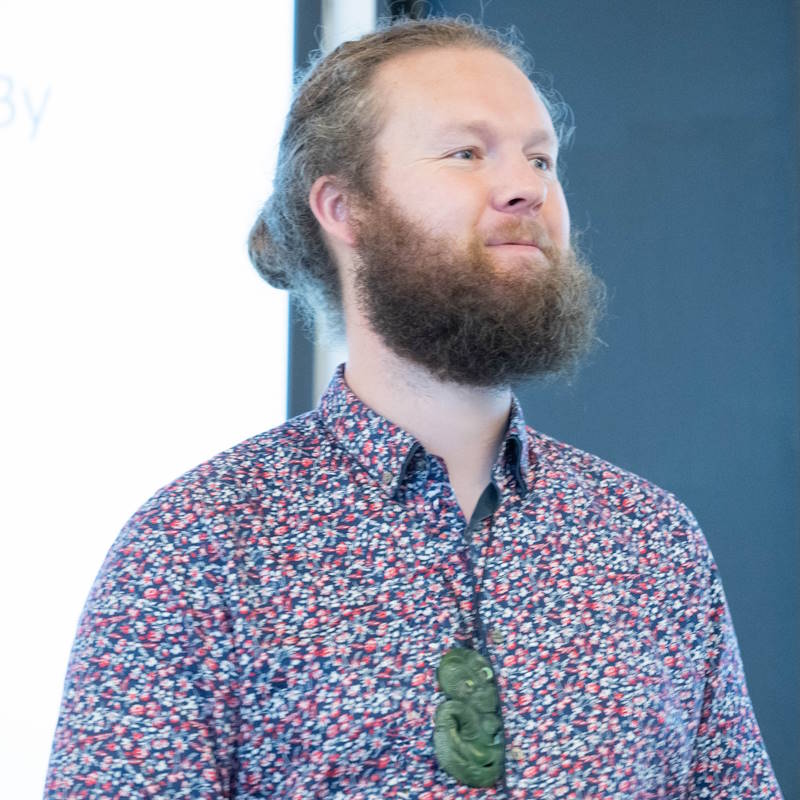Kaitawaka Māori—Future Students Adviser

Our Kaitawaka Māori can provide advice about what to study and how to plan your first-year courses. She can also help you through the application process and connect you with the Māori support network at the University.




